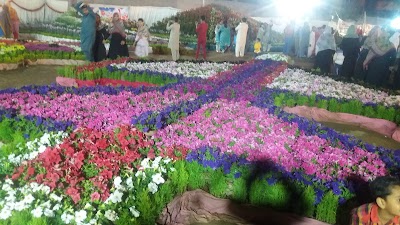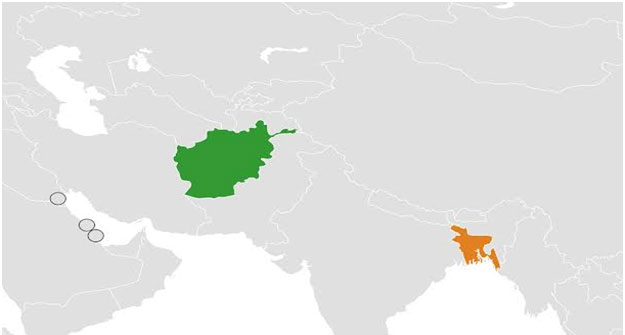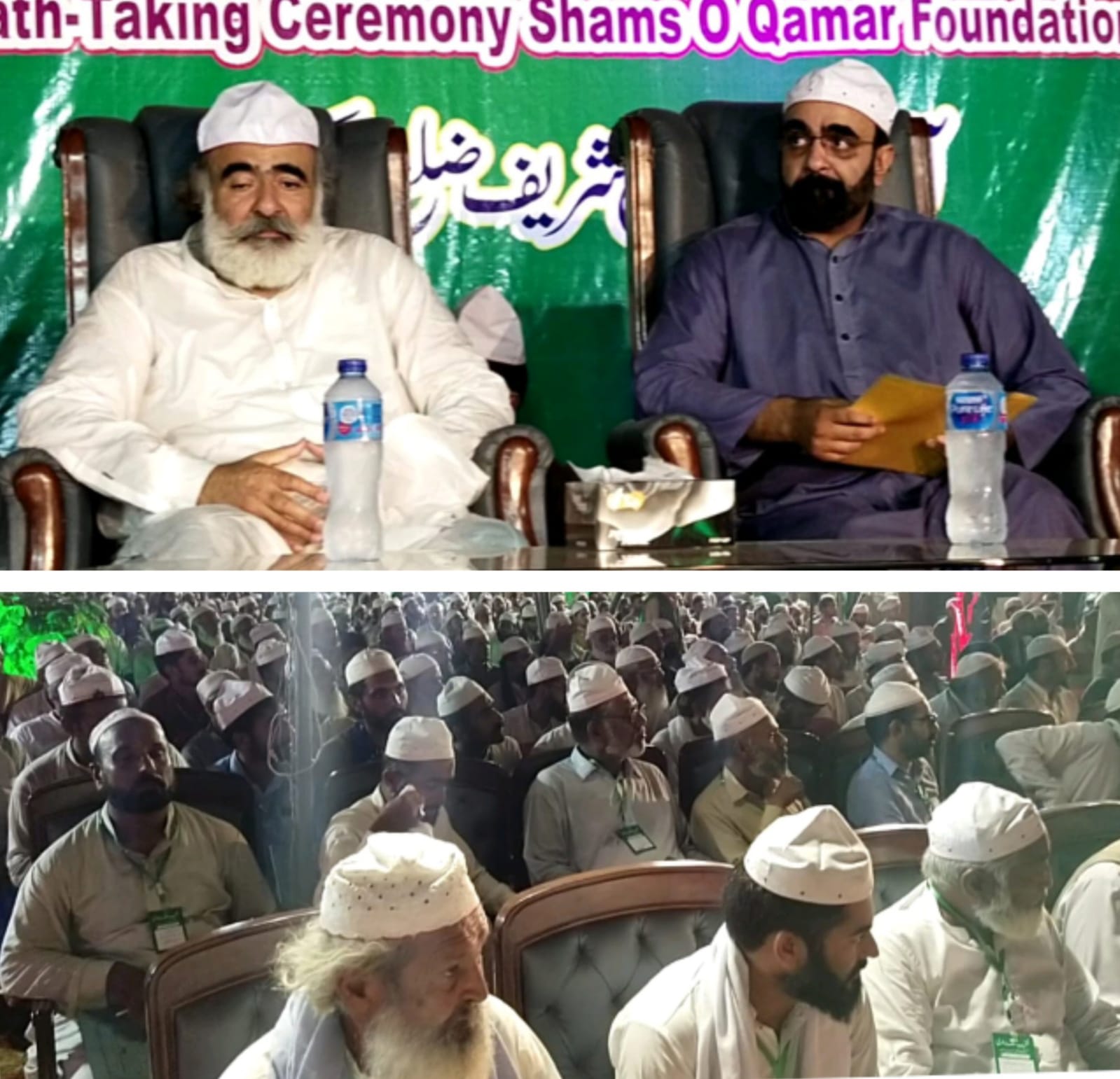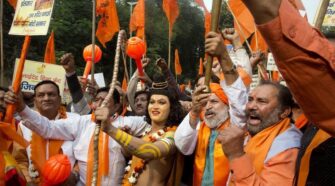By: Sayed Anwar
Bangladesh, since its independence, held 11 general elections over the years. The country faced hard times to establish a minimum democratic system. After the secession from Pakistan in 1971, it endured ‘populist authoritarianism'(1972-75) and ‘military dictatorship'(1975-1990) for almost 19 years. In 1991, the first parliamentary election was held under a parliamentary system with many pros and cons. Later on, two elections were surpassed in 1996 and 2001 respectively. Afterward, themilitary-controlled 1/11 governmentled by Fakhruddin Ahmed took control over the power in 2007. In 2008, Bangladeshis got another chance to cast their ballots. Awami League-led grand alliance got a landslide victory securing263 parliamentary seats out of 300.

The champion of the 2008 election is still the incumbent regime of Bangladesh. During these long 15 years, the regime used to create a one-party authoritarian state,arranging mock elections on the subsequent two polls in 2014 and 2018 respectively and repressing oppositions. The international community, especially the United States ofAmerica and theEuropean Union, has started to raise their headachesregarding the authoritarian crackdown on free speech, arresting critics and sensor media, human rights violations, and concern for free and fair polls.Amnesty International and other human rights organizations showed their earnest concern for extrajudicial killings and other human rights violations in the guise of anti-drug operations and the‘war on terror’.
The United States of America discarded Bangladesh from president Joe Biden’s 110-nation list of Democracy Summit in December 2021, enlisting Bangladesh into the ranks of North Korea, Myanmar, and a few other pariah states. The USA also delisted Bangladesh from the Second Democracy Summit held in March. The country sent several high-level delegations in 2022 to Dhaka under the plan with the one headed by Donald Lu, assistant secretary in the state department’s South Asia Bureau, being the most significant. Ambassador Peter Haas who arrived in Dhaka in March 2022 has been speaking continuously in Bangladesh’s public domain on democracy and human rights, zeroing in on the need to hold Bangladesh’s next general election open and participatory, where all parties would participate and where the media and the civil society would be free.
The USA had sanctioned the ‘Rapid Action Battalion'(RAB), an anti-crime and anti-terrorism unit of Bangladesh police, and seven current and former top officials of the elite force in connection with serious rights abuses and came out with a new visa policy to Bangladesh citizens who will undermine the free and fair election in January 2024. A few days ago, observatory delegations from the United States of America and the European Union visited Bangladesh and met party leaders and others as well as Prime Minister Sheikh Hasina in respect of free and fair polls. Apparently, the Western nations are veryeager to theupcoming general election, viewing the incumbent skeptically considering its proximitytoChina.
As a part of the‘indo-pacific strategy’ and the ‘pivot to Asia’ policy of the USA and to contain China’s emergence as a world power happened to make the superpower meddled in such domestic matters.India, once a close ally and the eyes of the USA in South Asia, hasn’t been impersonating as such, especially after theUkraine-Russia war begins.The neighboring country has been backing the Hasinaregime throughout her three terms. It could be projected that the India-China rivalry will not contradict betweenthem apropos of the 2024 election.China, though not much vocal, is helping out the regime in crisis andtrying to strengthen partnerships through investment and loans with the country in the framework of the ‘Belt and Road Initiative'(BRI). Again, the government seems to lean toward China after a long-term balancing approach. Such a move has been deemed a threat to the USA’s hegemony.
World powers are divided into two pools in this 21st-century new cold war era, the Western world led by the USA and China, Russia, and Iran block led by China. Bangladesh’s geopolitical location and emergence as a potential economic power persuaded those world powers to infringe on the country’s internal affairs. The USA-China antagonism is showing a message that Asia, especially South Asia, will be the tensionhub of the new cold war, and countries like Bangladesh, with three important sea-ports, abutting the ‘Bay of Bengal’ and having a crucial geographical location, will never be able to escape the ripples!
The Author is Student of the Department of International Relations in Jahangirnagar University, Dhaka, Bangladesh










